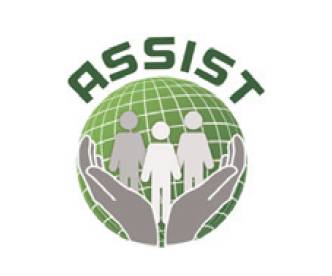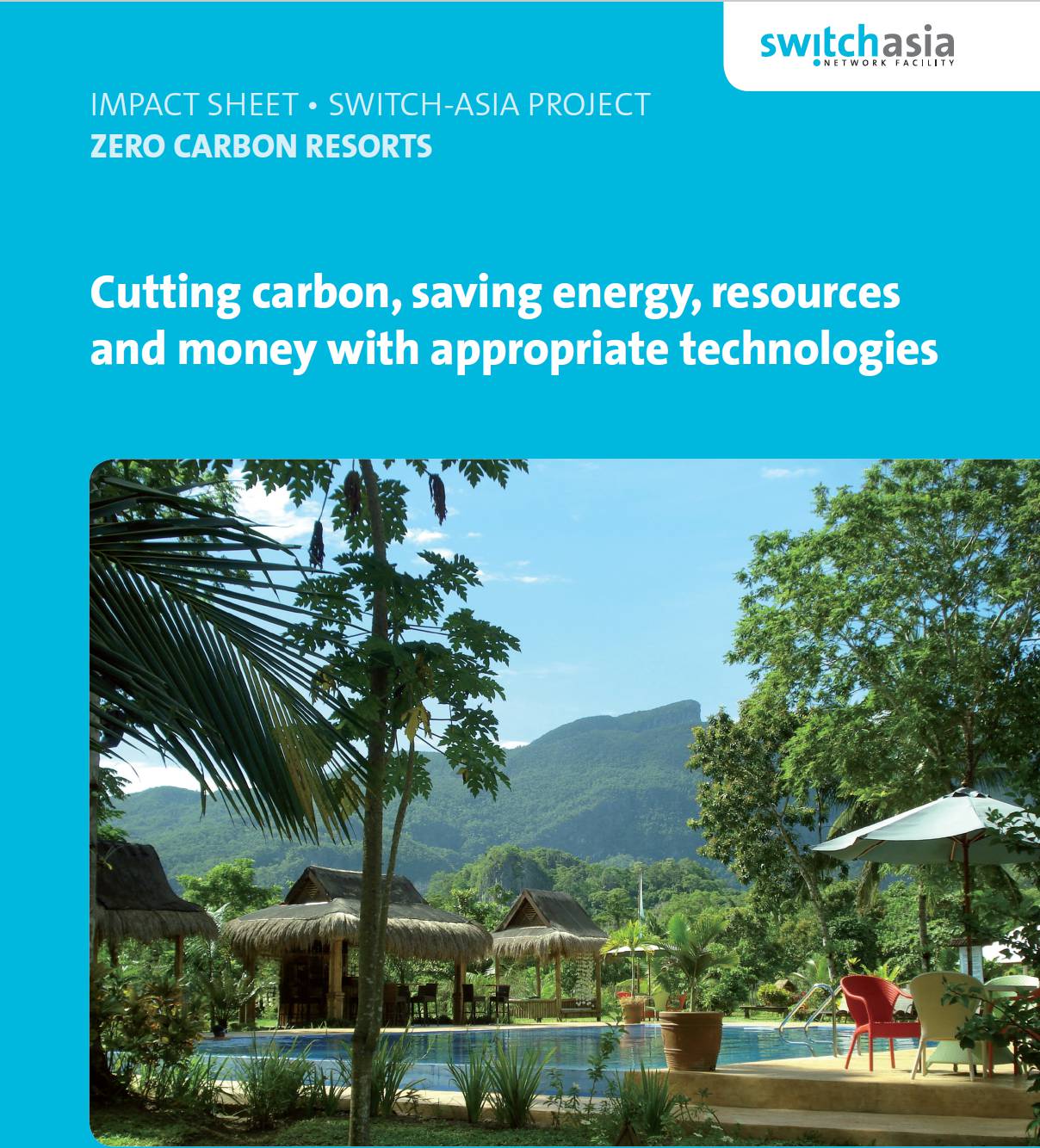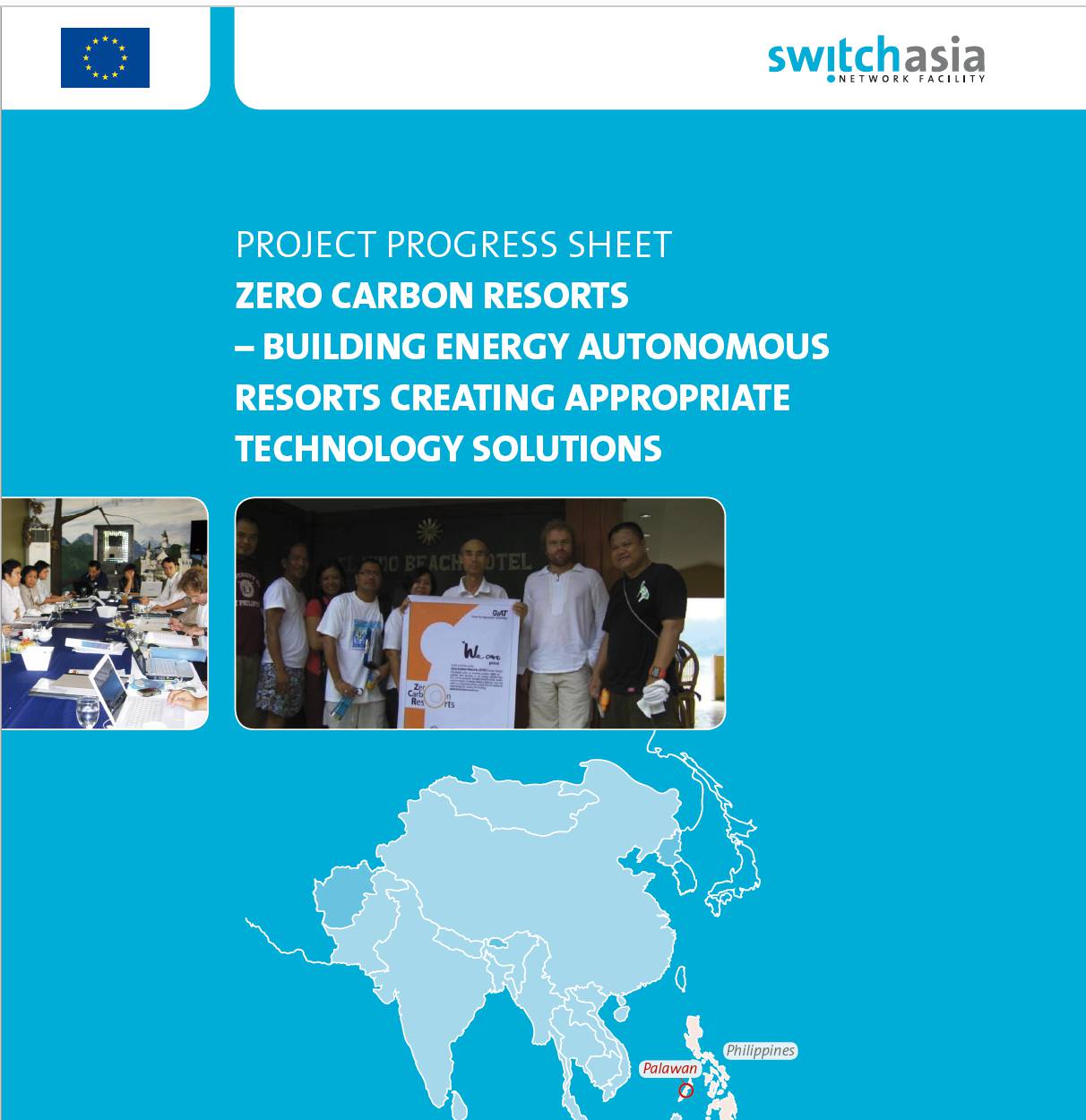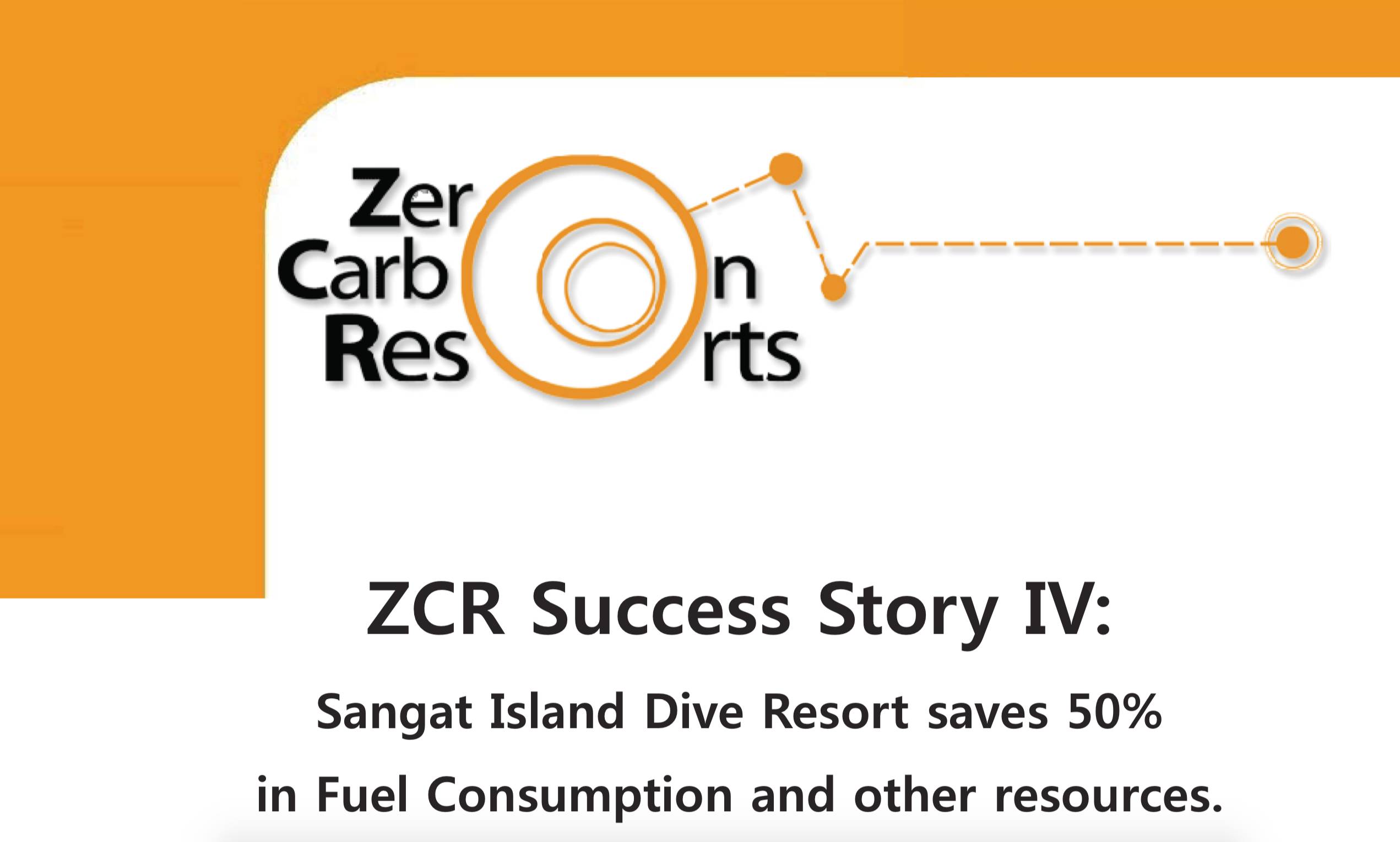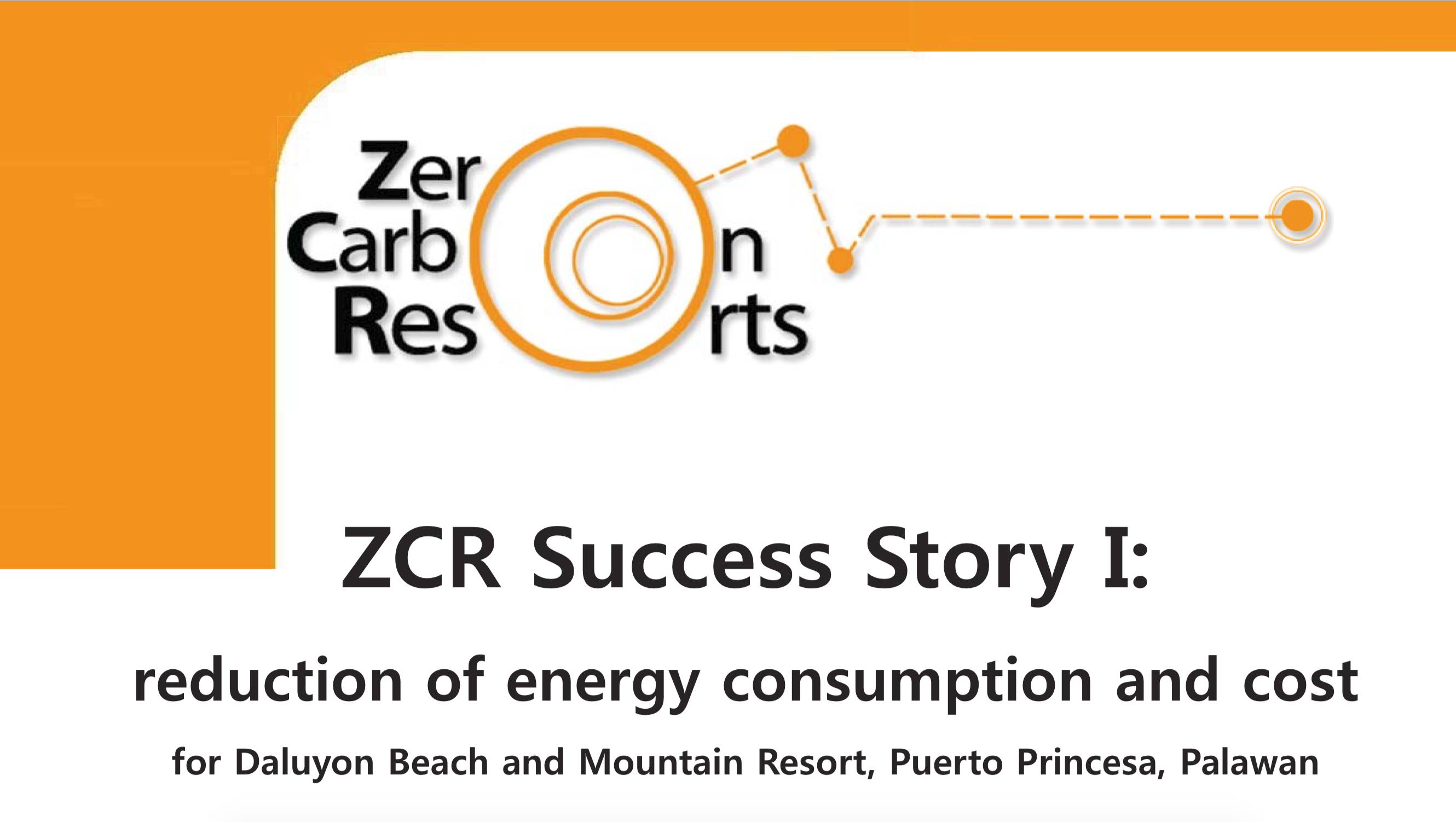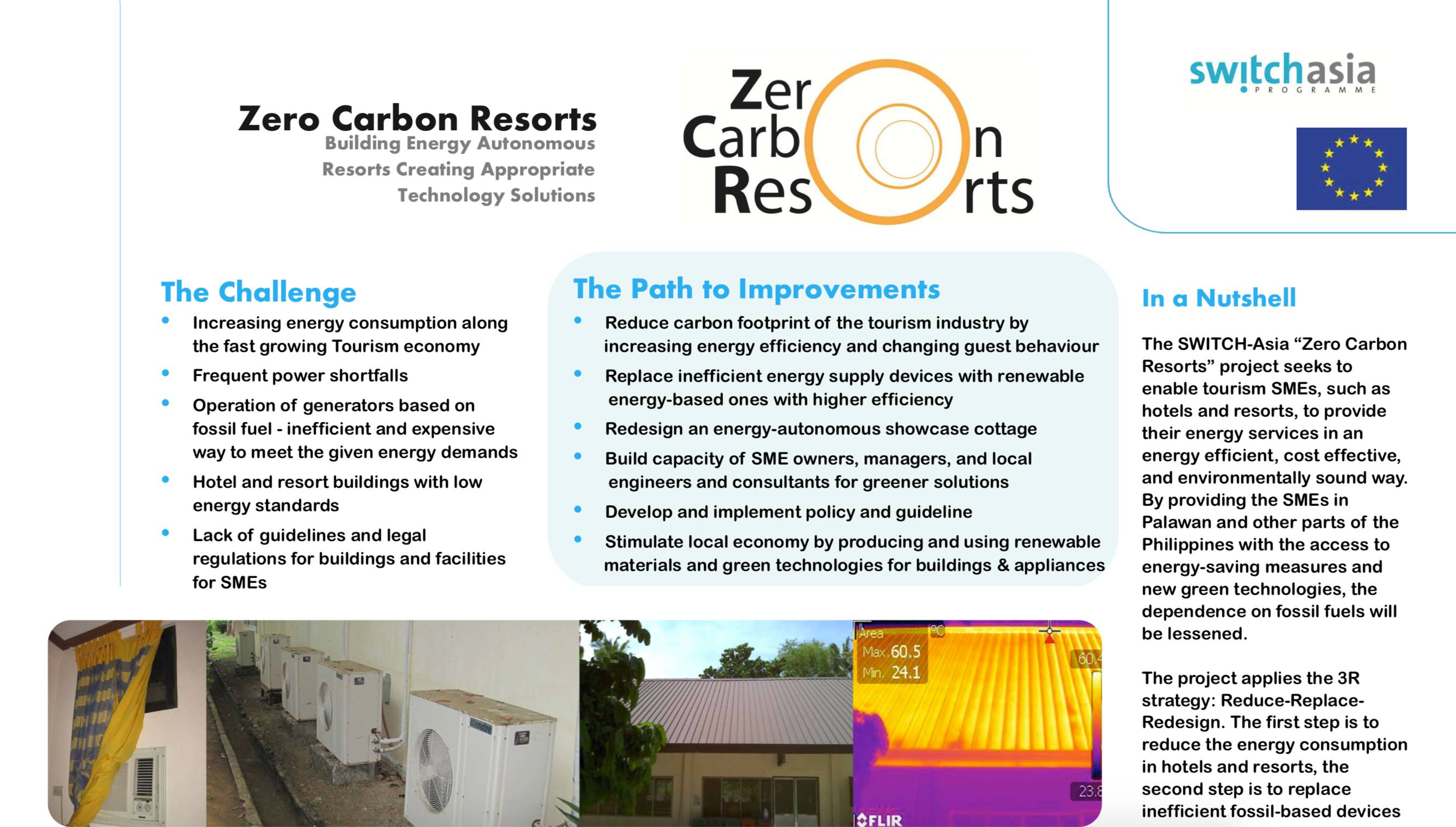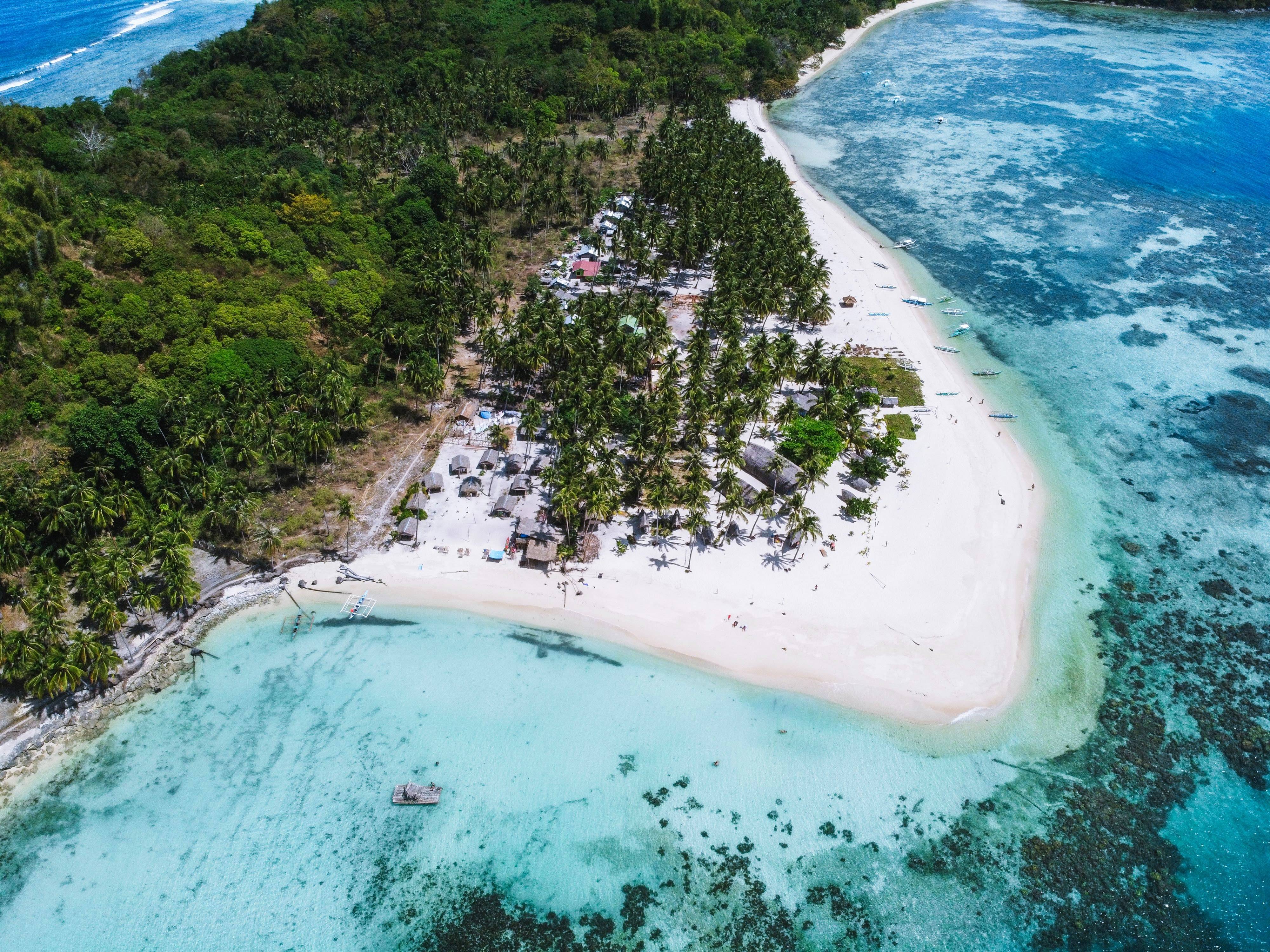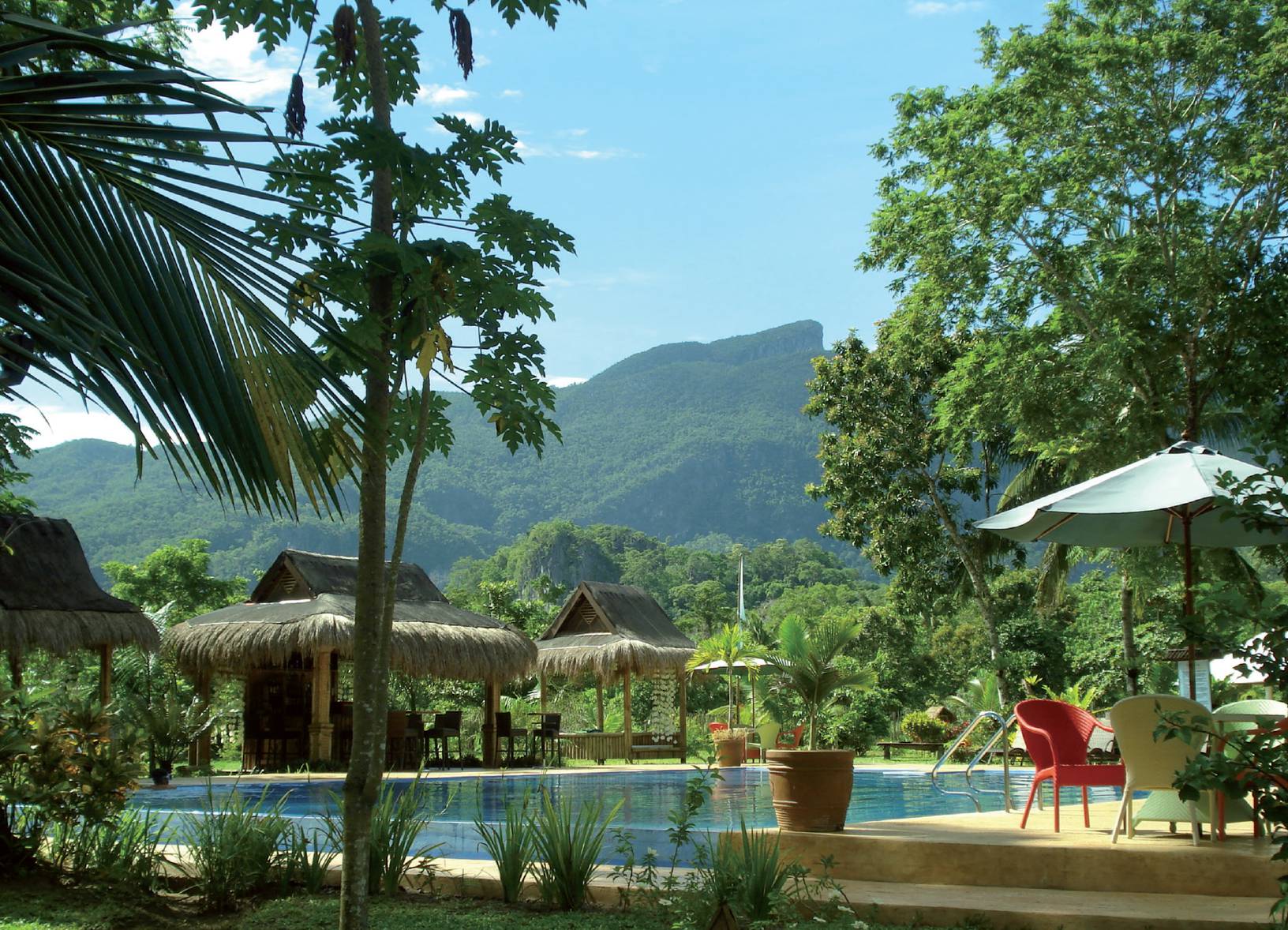
The Challenge
The tourism industry in the Philippines is growing fast, bringing employment and strengthening the economy of the country. Tourism has, however, a high demand for energy in providing guest services, and is responsible for a large amount of CO2 emissions. Due to the poor electricity supply infrastructure and inefficient appliances wasting, energy costs are escalating for small tourist businesses. Carbon neutral, appropriate local and environmental technology solutions are required and call for a revision of environmental policy by the regional government.
The Objectives
The project sought to enable small and medium-sized enterprises (SMEs) in the tourism sector, such as hotels and resorts in Palawan and other parts of the Philippines, to provide their energy services in an efficient, cost-effective, and environmentally sound way through training courses and direct consultations with the companies. Specific objectives included:
- To reduce carbon footprints by increasing energy and resource efficiency and switching to renewable energy resources;
- To increase the availability of energy services;
- To stimulate the local economy by producing and using renewable materials and low-carbon technologies for buildings and appliances;
- To decrease dependence on fossil fuels;
- To provide local engineers with the skills and knowledge, theoretical and practical, to improve the generation and use of energy.
The Way Forward
- Established simple measures that are easy to implement by SMEs and tourists in order to improve energy performance;
- Investing the savings gained from the reduce strategy to substitute outdated and inefficient appliances with green and efficient technologies has been promoted.
- A new design of a zero carbon resort (flagship cottage) embracing sustainable buildings and energy services based on renewable resources;
- Trained local engineers, builders, designers, and SMEs;
- Embedded results from the 3R approach (reduce, replace, redesign) in regional law and disseminating them for replication in other regions.
Duration:
11/2009 – 4/2014Total Budget:
EUR 2,108,859 (EU Contribution: 80%)Contact Detail:
Dr. Robert Wimmer
Wiedner Hauptstrasse 8-10,
A-1040 Vienna, Austria
https://zerocarbonresorts.eu
Lead Partners

Center for Appropriate Technology (GrAT)
Partners
